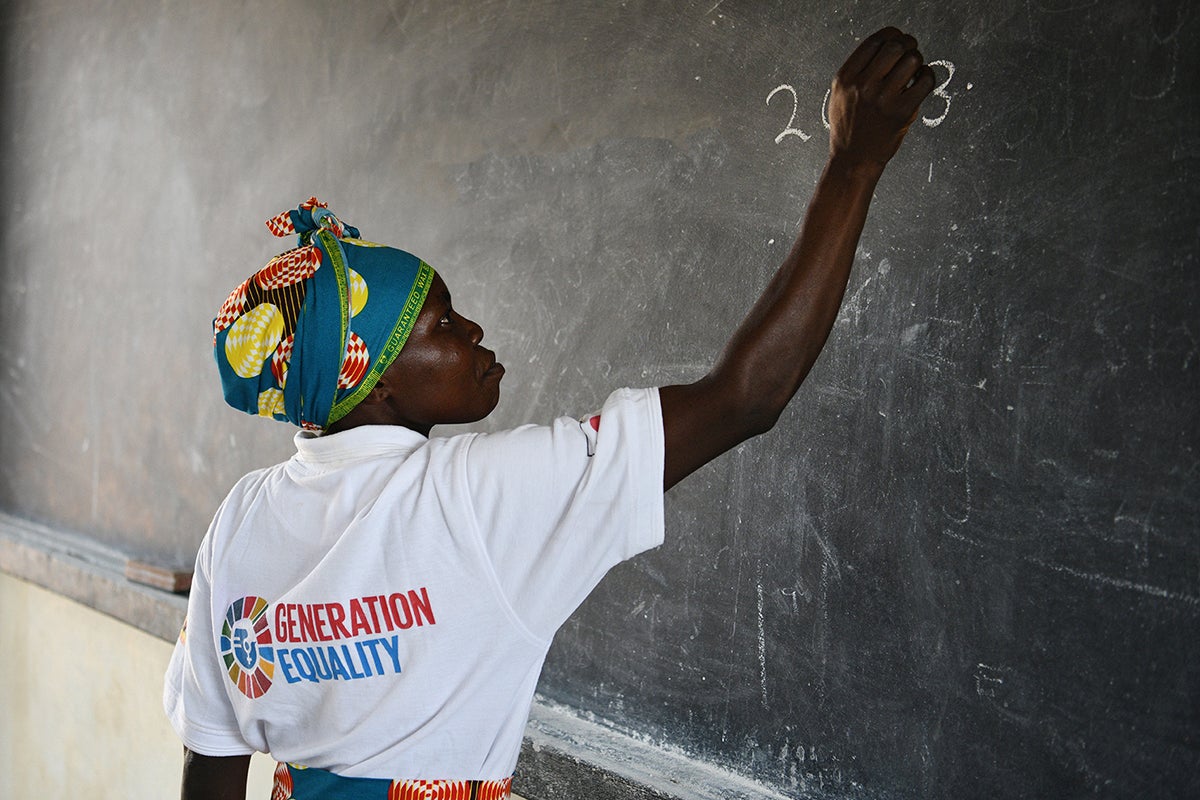
AI assistants designed to aid with email or pitch deck tasks may appear old-fashioned, but how about one dedicated to assisting newcomers in the U.S.? A digital assistant that links them to social services or provides guidance in an unfamiliar environment? That’s ALMA, a virtual helper created by the nonprofit International Rescue Committee (IRC).
ALMA, which stands for “AI for Life Mapping Assistance,” was crafted internally by IRC teams and their clients, influenced by the digital educational resource aprendIA. It utilizes an extensive collection of IRC materials, staff training resources, and data from trusted external agencies to aid refugees, holders of special immigrant visas, and others in need.
Importantly, ALMA functions on WhatsApp, a vital communication tool for immigrant populations, including those supported by the IRC. It also acts as a resource center for non-English news and local community organizing. Users can message ALMA at +1 619-658-5100 for prompt assistance.
“We aimed for clients to have dependable answers and resources available around the clock,” stated Tara Catanach, ALMA’s designer and IRC’s project director for virtual reception and placement. In contrast to widely used chatbots, ALMA is not intended for ongoing interactions, addressing concerns of chatbot reliance.
Instead, ALMA is an emergency response tool tailored for particular needs: securing benefits, finding social services, applying for housing, or preparing for job interviews. “ALMA functions like a virtual caseworker, but it doesn’t take the place of our office staff,” remarked Catanach.
ALMA employs LLMs to customize responses, currently utilizing OpenAI’s GPT 4.1 and GPT 4.1 mini, but it can work with any model. It has mechanisms in place to redirect discussions regarding mental health, abuse, or domestic violence to the relevant organizations or escalate such issues to IRC personnel.
ALMA can browse the internet for inquiries beyond its capabilities but primarily relies on established information pools to prevent misinformation. “ALMA understands our users,” stated Catanach. “They are English learners who are new to the U.S. No coaching is necessary to obtain information.”
Immigrant and refugee communities encounter a complicated political landscape in the U.S., with concerns about detention, deportation, and monitoring as federal policies shift. Social media platforms and major tech companies have aligned with governmental actions, heightening privacy issues, particularly with WhatsApp’s advertising policy alterations and surveillance by ICE agents.
Nevertheless, ALMA operates on WhatsApp because that is where those in need are located and have their support networks. WhatsApp has committed to informing users of government spyware, and messages are encrypted end-to-end. ALMA gathers phone numbers and profile details for IRC research but cautions users against disclosing personal information or immigration status unless they feel secure. Legal guidance is not provided, directing users to third-party sources for case assistance.
ALMA debuted in Dari/Farsi, English, Spanish, and Swahili, the primary languages among IRC clients. Testing is currently in progress for ten additional languages and new subjects such as healthcare and education. Future enhancements may incorporate accessibility features like voice notes.
IRC aims to connect with 100,000 users within ALMA’s inaugural year. “Our objective is to ensure ALMA reaches those who could benefit from its assistance.”